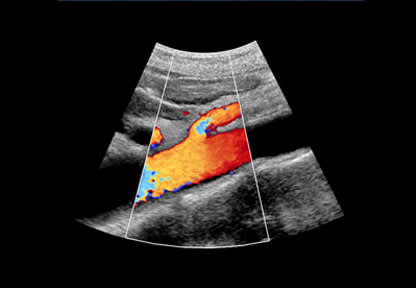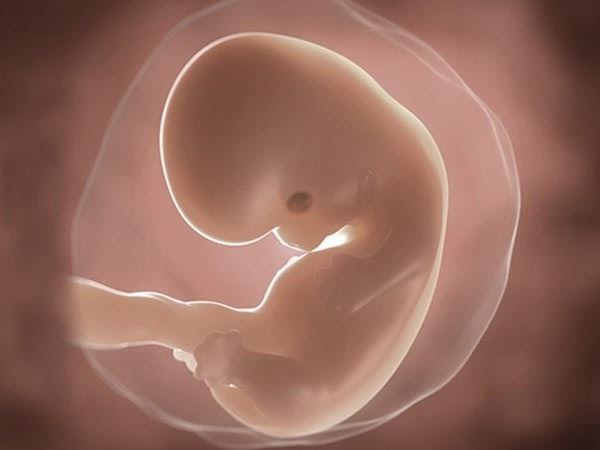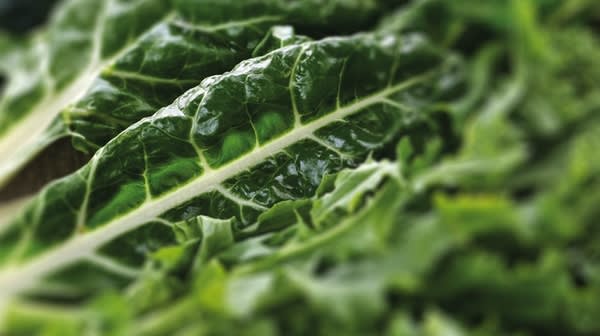Blog
Abdominal Aortic Aneurysm Screening
Sunday 12th March 2017
Abdominal aortic aneurysm (AAA) screening is a way of detecting a dangerous swelling (aneurysm) of the aorta – the main blood vessel that runs from the heart, down through the abdomen to the rest of the body. This swelling is far more common in men aged over 65 than it is in women and younger men. An AAA usually causes no symptoms, but if it bursts, it’s extremely dangerous and usually fatal. Around 8 out of 10 people with a ruptured AAA either die before they reach hospital or don’t survive surgery. Screening involves a simple ultrasound scan of your stomach (abdomen), which…
Stroke & Carotid Artery Disease
Sunday 12th March 2017
Carotid artery disease is a common cause of stroke. What is carotid artery disease? The carotid arteries supply oxygenated blood to the large front part of the brain. This part of the brain controls thought, speech and personality as well as our sensory (our ability to feel) and motor (our ability to move) functions. Carotid artery disease is the name given…
Weight Gain In Pregnancy
Thursday 9th March 2017
Weight gain is a normal and natural part of a healthy pregnancy. Learn how much weight you should gain depending on your BMI, how to gain weight safely, and why dieting is not recommended. Weight gain: a natural part of pregnancy Weight gain in pregnancy is healthy, natural and necessary. Aside from the additional weight of your baby and increased fluids, your body gradually lays down some fat stores. “Your calorie…
Vitamins & Supplements For Conception
Sunday 26th February 2017
Maintaining a healthy, balanced diet before conception and during pregnancy will help to supply adequate nutrition to your growing baby. Taking supplements that contain key nutrients prior to conception and during pregnancy will enhance your healthy diet and help provide additional support as your baby grows. But which vitamins are most important to take while trying to conceive? Discover the roles of folic acid and vitamin D, and why you should include them in your pre-conception diet. Adding some oomph to your diet Eating a varied diet can help your body provide the majority of nutrients your baby needs in the early…
What To Eat To Conceive
Saturday 25th February 2017
From eating a nutrient-rich diet to taking key nutrients in the form of supplements, what you eat can play an important role in increasing your potential to conceive. Discover the benefits of a balanced diet for both you and your partner, and which foods to include to give yourself the best chance of a successful pregnancy. Eating your way to pregnancy Before you start trying to conceive, it's important for both you and your partner to maintain a healthy diet. Eating well, avoiding alcohol, and being within the right weight range for your height will improve your chances…
Foods To Avoid When Trying To Conceive
Friday 24th February 2017
Nutrition and lifestyle choices can influence your chances of conceiving and your baby’s development once you do become pregnant. In fact, nutrition at this critical stage can also have an impact on your developing…
Learning Language In The Womb
Tuesday 21st February 2017
When babies begin to hear the world around them, the most important sound they’ll discover is their mother’s voice. This familiar noise will calm and soothe them and lays the foundation for their social and emotional development, language and speech. Early learning Your unborn baby will start to respond to noise…
40 Weeks Pregnant
Thursday 16th February 2017
By the time you're 40 weeks pregnant, your baby is fully developed and ready for birth. Their nutrition will then be reliant on your own diet via your breast milk, so it’s important to maintain the healthy eating habits that have been beneficial throughout pregnancy. Learn why foods rich in LCPs (long chain polyunsaturated fatty acids) are an essential part of a healthy breastfeeding diet, and how to…
Early Signs of Pregnancy
Wednesday 15th February 2017
Understanding the early signs of pregnancy Maybe your period’s late or your boobs are sore – whatever the signs, you really think you might be pregnant. So what do you do? Here’s our guide to finding out for sure if you’re pregnant, what the early signs of pregnancy are, and working out what to do first! Noticing the early signs of pregnancy You may notice the early signs of pregnancy as little as within one week of conception. Most early pregnancy symptoms occur within the first four weeks and may include: •A late period •Slight bleeding or cramping as the embryo implants in…
7 Weeks Pregnant
Tuesday 14th February 2017
During week 7, your baby’s arm buds are emerging and flat, paddle-like hands are forming. Iodine supports your baby’s growth at…
Folic Acid in Pregnancy
Monday 13th February 2017
Folic acid supports your baby’s earliest development, making it a key nutrient for your first trimester of pregnancy. Learn what it does, how much is recommended, and which foods can help to increase your intake to reduce the risk of neural tube problems. Folic acid – protecting your baby’s future health Even before you know you’re pregnant, folate, or folic acid in its manufactured form, is doing its job of supporting your baby’s development. It plays a significant role in the formation of your baby’s neural tube – the structure that forms in the first month of life that eventually becomes your baby’s spinal cord…
Exercises to Avoid During Pregnancy
Sunday 5th February 2017
If your pregnancy is straightforward and your doctor or midwife has given you the go-ahead, you can carry on exercising and even start a new routine. Studies now show that it is, in fact, highly beneficial for expectant mums to exercise, or get Active for 2. But there are some guidelines to bear in mind which aim to protect the health of you and your developing baby. Safety first: Check with your midwife Before you begin exercising while pregnant, talk to your doctor or midwife. Whether you’re continuing with an activity that you enjoyed before, or want to start a new routine, let them know. For some women, certain conditions can make it unadvisable to…

















